Description
Neuroscience insight has revolutionized our ability to understand our clients’ symptoms and offers guidance and authority to our treatment strategies.
But it’s also resulted in new challenges that most therapists have no professional training or background to overcome, including:
– How do I translate complex neuroscience insight for my clients when I’m still trying to understand it myself?
– What if neuroscience terminology just confuses my clients more?
– Does this impressive-sounding brain talk actually improve my clinical effectiveness?
That’s why we’re introducing this comprehensive new online training where you’ll join leading treatment experts and become a master at implementing neuroscience insight for various clinical issues, including anxiety, trauma, pain, stress, and more.
Through five comprehensive modules, you’ll learn:
- The most effective methods of integrating modern neuroscience in your therapeutic work
- Brain-based techniques to stop the symptoms of anxiety, panic attacks, rumination, and nausea
- Neuroscience-informed methods for complex trauma
- Step-by-step techniques to address physical and emotional pain
- How to leverage tools from memory reconsolidation and Polyvagal Theory to help clients overcome distress
- and much more!
- You’ll end this training with the confidence you need to apply neuroscience insight to your clients’ specific clinical challenges, so you can offer your clients better, more efficient treatment strategies.
Based on decades of breakthrough research and clinical experience, this training will guide you step-by-step through the essential elements you need to apply neuroscience insight with your client population.
Through clinical demonstrations and practical exercises, you’ll learn exactly how to leverage the power of the brain to enhance your therapeutic approach and increase your effectiveness with even your most challenging client cases.
Module 1. Brain Care: Applying the Neuroscience of Well-Being
Join bestselling author and renowned speaker Linda Graham to explore the most effective methods of integrating modern neuroscience in your therapeutic work. Discover how to overcome the damaging impacts of stress, poor lifestyle choices, and overstimulation from digital devices on your clients’ brain and bodies, as well as explore how to…
- Implement lifestyle choices that protect the physical brain as our clients age
- Apply neuroplasticity tools to reverse the impact of stress and trauma
- Engage clients with practical exercises that can enhance brain functioning
Module 2. Brain Switch: Apply Polyvagal and Memory Reconsolidation Theories with Parts Work, Somatic, and Mindful Approaches
In this module, you’ll learn how to teach clients to locate inner strengths and overcome distress by activating their brains’ reward centers—leveraging tools developed from memory reconsolidation and Polyvagal Theory. You’ll learn:
- How to regulate emotional sensations by balancing them with uplifting neurochemicals
- How to use visual images to help clients externalize distress and create pathways to inner healing resources
- How to integrate powerful therapeutic approaches into a three-step, brain-based protocol that can be used with diverse populations and ages
Module 3. Calming the Anxious Brain
You don’t need to be a brain scientist to tap into the power of neuroplasticity and revolutionize your approach to treating anxiety. This module will demonstrate brain-based techniques to stop the symptoms of anxiety, including panic attacks, rumination, and nausea. You’ll discover:
- How to help clients understand the impact of anxiety in the brain so clients can more effectively predict and overcome their daily anxiety triggers
- Neurologically informed CBT techniques that help to reduce anxiety
- Effective brain-based strategies to help clients overcome avoidance and resistance
Module 4. Helping Clients Unlearn Their Pain: The New Neuroscience of Pain
Nearly half of all clients in therapy have physical pain, yet the majority of these individuals, their pain has no clear medical cause. Join bestselling author and medical physician Howard Schubiner to learn step-by-step techniques to address physical and emotional pain by addressing their roots within the brain’s alarm mechanism. You’ll discover:
- An effective approach to distinguishing the source of your clients’ pain
- How to help clients understand the neuroscience of their pain and encourage their commitment to positive action
- How to use mindfulness-based cognitive-behavioral techniques to address your clients’ chronic pain
Module 5.Treating Complex Trauma Clients at the Edge: How Brain Science Can Inform Interventions
Join leading trauma expert Frank Anderson to explore the neurobiological processes of trauma and its underlying symptoms. In this module, you’ll master therapeutic interventions that can be integrated with your psychotherapy practices to help soothe your clients’ trauma. You’ll discover:
- How to evaluate the extreme symptoms of trauma and their roots
- How to use neuroscience-informed methods to improve clinical outcomes with trauma clients
- The science behind effective approaches that lead to permanent healing of trauma
Enroll today and you’ll get this FREE Bonus
Bonus 1
FREE CE Video: Accessing the Deep Brain with Brainspotting – Interpersonal Neurobiology in Action with David Grand, Ph.D.
Symptoms of unprocessed trauma-including dissociation, numbing, and chronic anxiety-are notoriously difficult to eliminate through talk therapy. But Brainspotting, a brain-based method of clearing trauma blockage without clients having to talk about it, nurtures their capacity for natural self-healing. Through this bonus module, you’ll:
- Develop skills that allow you to pay attention to interactions with clients while staying attuned to their internal brain changes
- Guide traumatized clients as they move through dissociative blocks toward self-healing
Bonus 2
Free Networker Magazine Digital Edition, Untangling Brain Science: Has it Lived Up to its Promise for Therapists?
More and more therapists have begun wondering how far all our impressive-sounding talk about the brain has gone in improving therapy’s effectiveness. This edition of Psychotherapy Networker asks some challenging questions about our profession’s infatuation with the brain: when all is said and done, has brain science actually lived up to its promise for psychotherapy? What specific clinical advances, if any, have been guided or encouraged by knowing more about neuroscience? A look at this issue will reveal answers to these questions that are both unexpected and paradoxical.

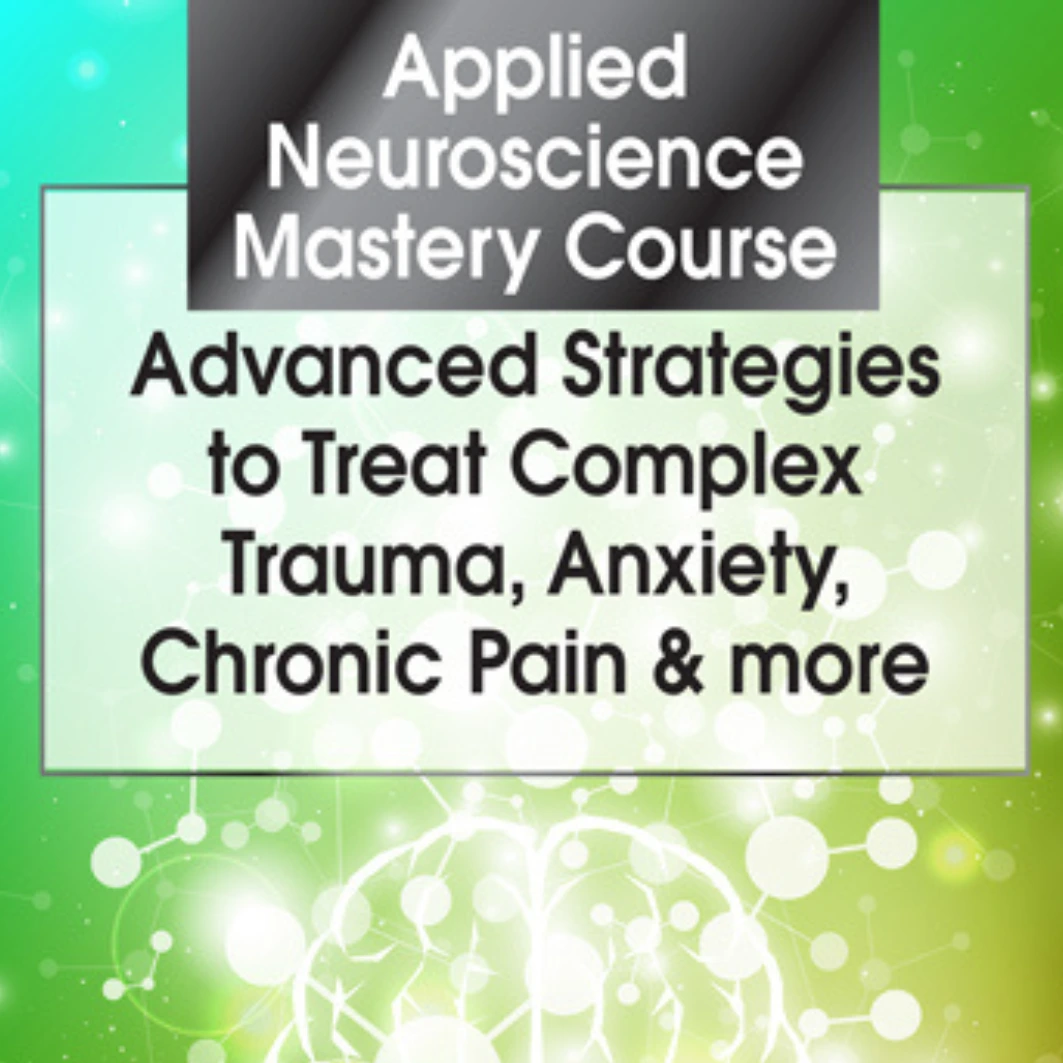
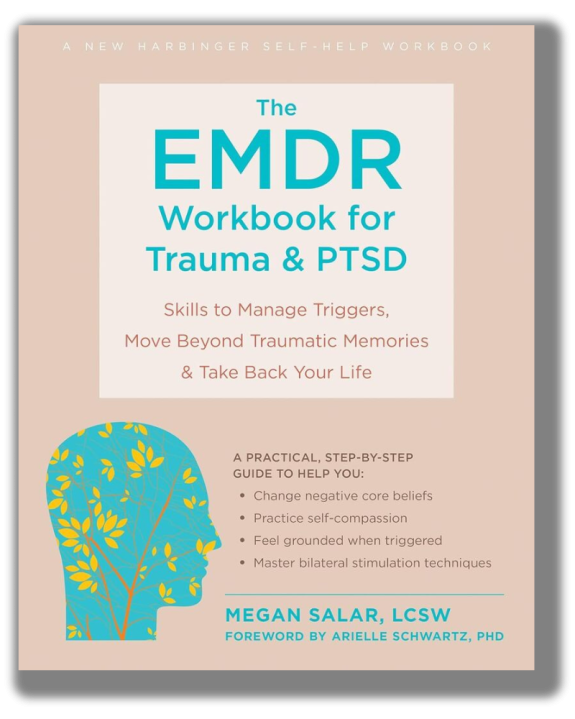
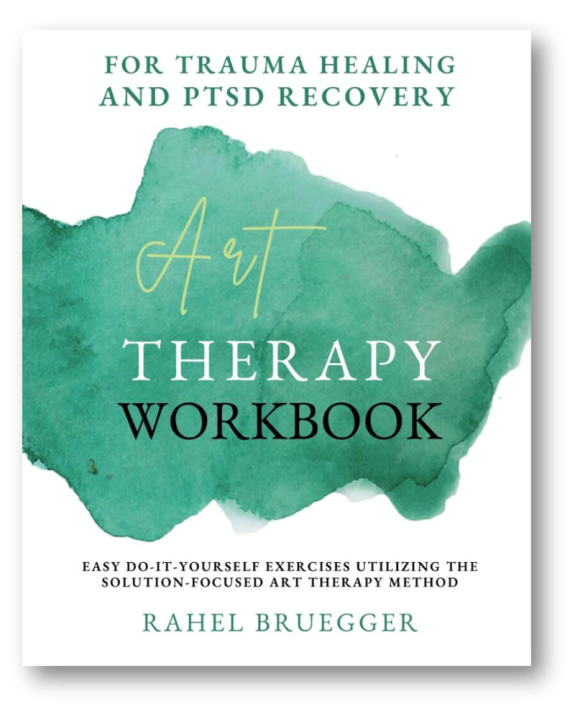
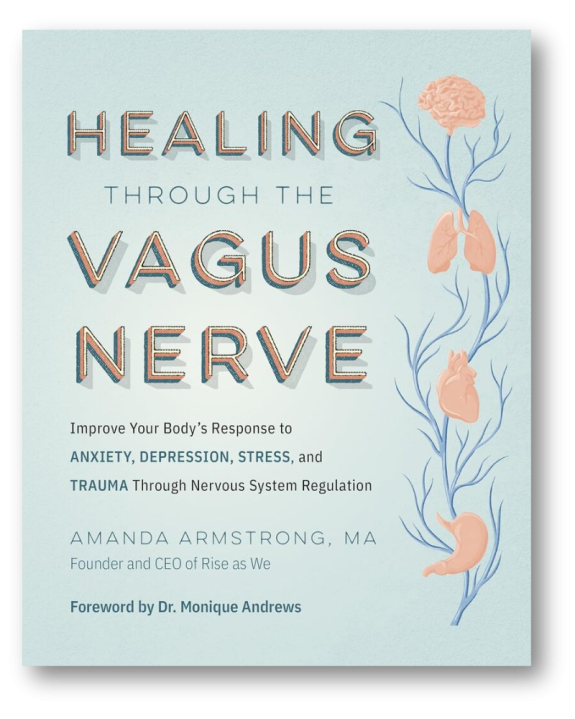
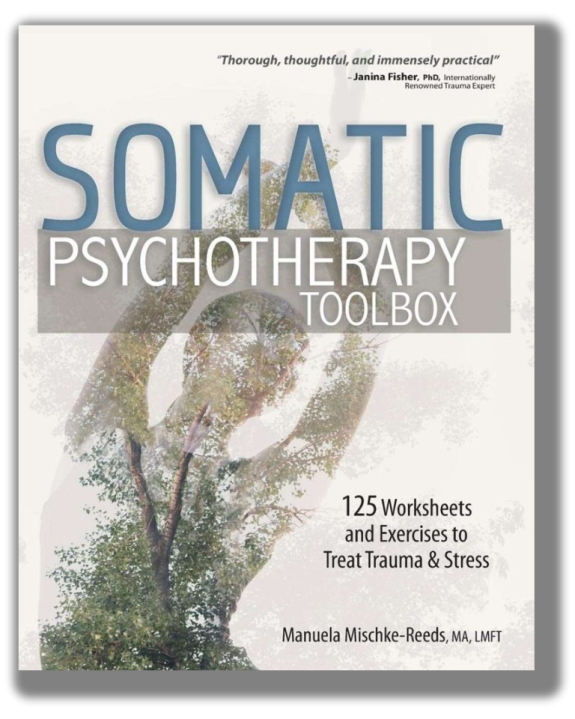
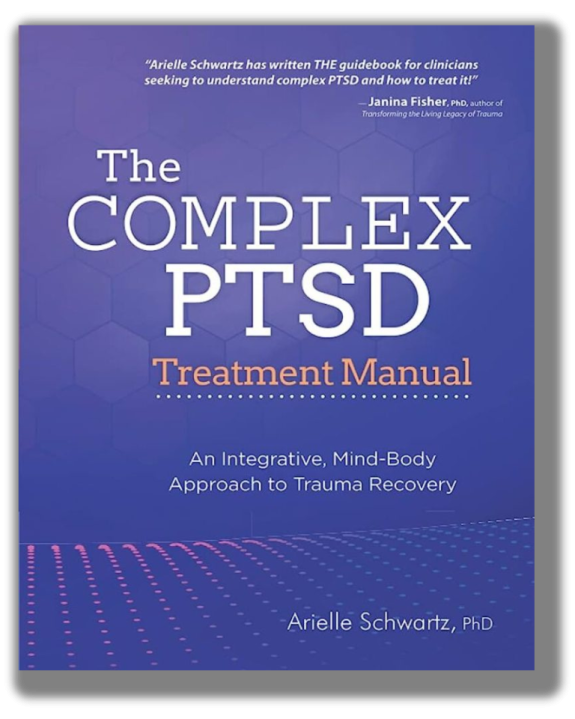


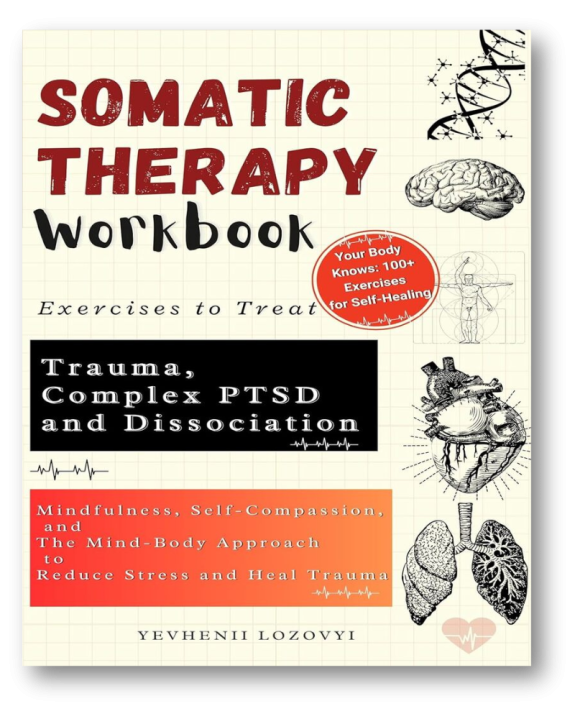
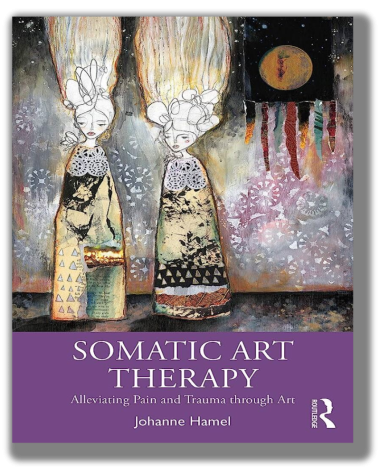
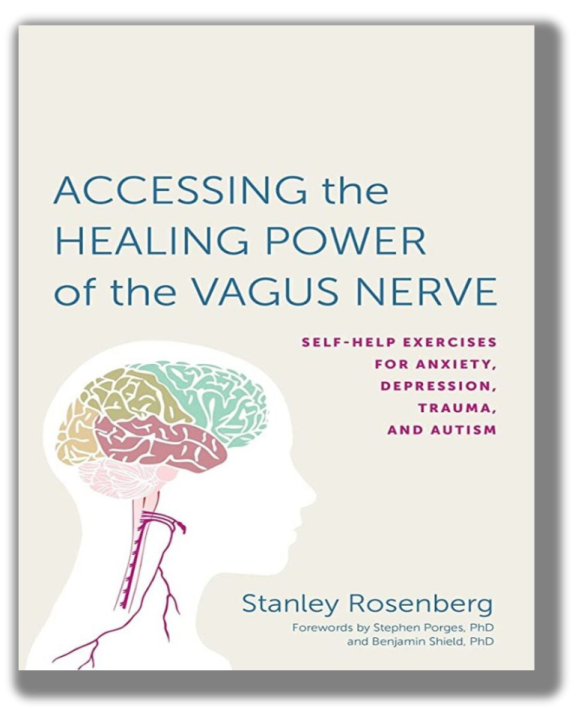
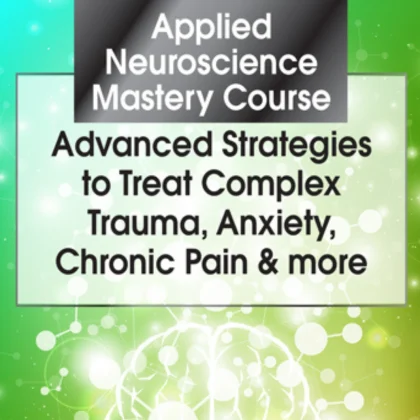
Reviews
There are no reviews yet